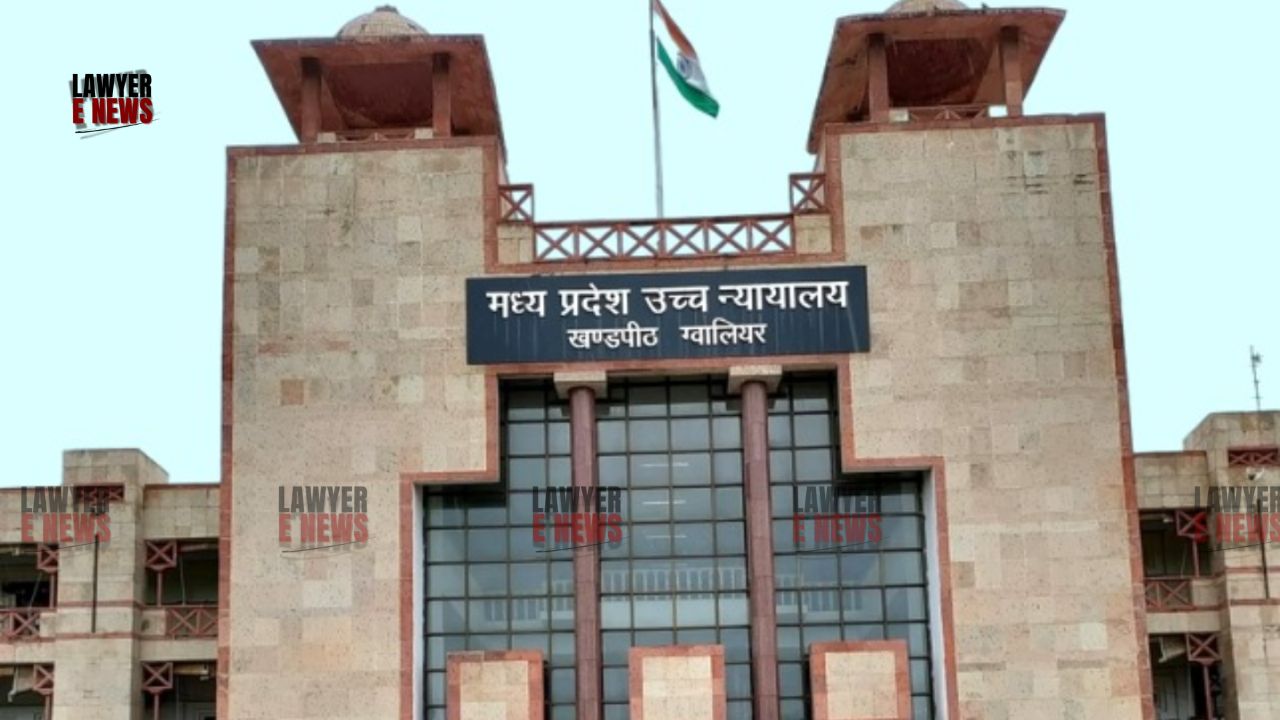-
by Admin
15 February 2026 5:35 AM



On September 13, 2024, the Madhya Pradesh High Court acquitted the appellant, Bhersiya, who was previously convicted under Section 304 Part II of the Indian Penal Code (IPC) for the death of Bhuchariya, resulting from a stone-pelting incident. The Court held that the appellant acted in the right of private defence, and his actions were not disproportionate to the threat he faced, thereby overturning the trial court's judgment.
The incident occurred on December 22, 1999, when Bhersiya allegedly pelted stones at the deceased, Bhuchariya, during a dispute over money. According to the prosecution, Bhersiya assaulted Bhuchariya with stones, hitting his head and causing fatal injuries. The trial court convicted Bhersiya under Section 304 Part II of IPC, sentencing him to five years of rigorous imprisonment and a fine of Rs. 1000.
Bhersiya appealed the conviction, arguing that he acted in self-defence after Bhuchariya, who was intoxicated, attempted to snatch money from him. The defence contended that the incident occurred suddenly without premeditation, and the appellant had no intention or knowledge that his actions would result in death.
The central legal issue was whether Bhersiya acted in self-defence, thereby justifying the use of force against the deceased. The prosecution argued that the appellant had knowledge that his act could result in death since he targeted a vital part of the body. Conversely, the defence argued that the deceased was the aggressor, and the appellant's actions were in response to an immediate threat.
The High Court considered witness testimonies, including that of Kasam, the son of the deceased, who corroborated that the deceased was under the influence of alcohol and tried to snatch money from the appellant. The Court also examined the legal principles governing the right to private defence, particularly whether the appellant exceeded the right by causing disproportionate harm.
Justice G.S. Ahluwalia, delivering the judgment, noted that the appellant and the deceased had a good relationship and went together to sell pulses. After consuming alcohol, the deceased demanded money from the appellant and attempted to snatch it. The Court found that the appellant initially tried to avoid conflict by running away, but when chased, he retaliated by throwing stones, causing fatal injuries to the deceased.
The Court held that the appellant had the right to private defence to protect himself and his property. It observed that the appellant's actions were not disproportionate to the threat he faced. Citing Supreme Court precedents on the right of private defence, the Court concluded that the appellant's use of force was justified and that he did not exceed the right of private defence.
The High Court set aside the trial court's judgment and acquitted Bhersiya of all charges, stating that his actions were within the scope of private defence. The Court underscored the principle that an accused is not required to prove the existence of private defence beyond reasonable doubt and that this right serves a social purpose, allowing individuals to protect themselves when immediate aid from state machinery is unavailable.
Date of Decision:September 13, 2024
Bhersiya vs. The State of M.P.
